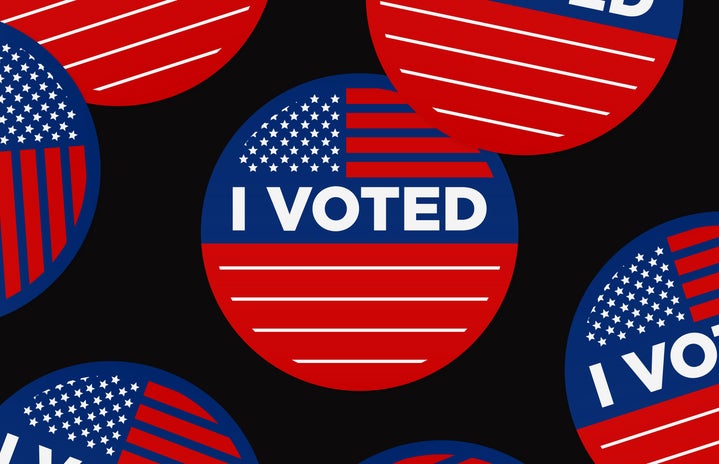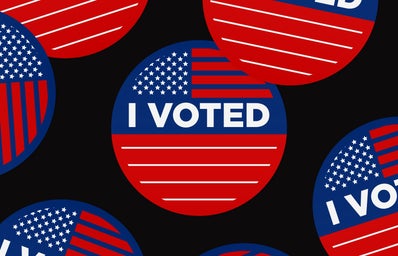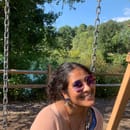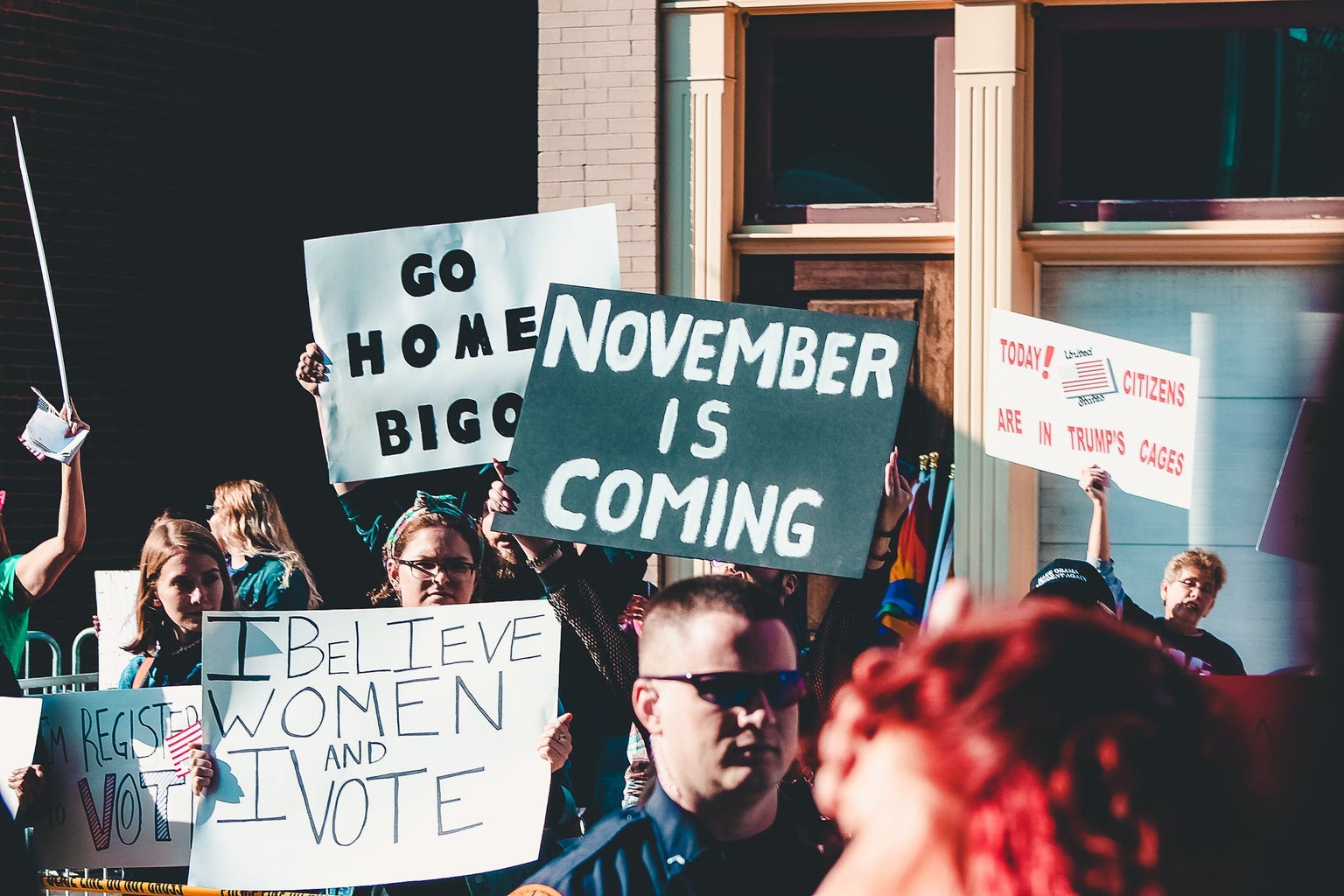From a young age, one thing was clearly defined to me: as someone born in the United States, I would be given the right to vote in elections when I turned 18. And while I feared growing up, and still do, I knew that the one good thing would be my ability to practice my civic duty. This feeling has only been exacerbated with every election cycle, Indian and American. Even when elections aren’t occurring, I am kept up to date on the latest public policies because of my parents’ insistence of watching videos at full volume. Even though their over involvement irritated me at times, I didn’t realize what a privilege it was to grow up in an environment that encouraged political openness. Throughout the years, it has allowed me to develop my opinions/views, and really delve into the complexities of the world. In a way, it has forced me to understand the global system as something larger than myself, my state, and the country I grew up in.
Voting at the age of 18 was something that was a guarantee, a promise to me, but it is not to everyone. In recent years, there has been an increase in the number of voter suppression laws. When comparing the absentee ballot I received in Fall 2022 to the one I recently filled out in Fall 2024, there is a stark contrast in the expectations placed upon me. For example, in Fall 2022, I was simply required to fill out the ballot, have two witnesses sign it, and send it back to my county elections office to ensure it is counted. In Fall 2024, however, I received a much larger packet, with instructions to also include a copy of my Photo ID. The recent push to require Photo IDs when casting one’s vote is an example of voter suppression laws. Members of majority minority communities often don’t have the means to obtain a Photo ID that would pass the requirements for a voter ID, meaning that any such laws would make it more difficult for them to vote. As someone who doesn’t live in a rural area, has the financial means, and multiple other government identity forms, I am lucky to have not been impacted by the requirement for a Photo ID. While, to me, it was simply a minor inconvenience, to others it can often prevent them from voting.
As someone who is easily able to vote, I realize how lucky I am to be able to do so. Therefore, I recognize the importance of casting my ballot whenever I can. While I may not always be happy with the current socio-political state of the world, sitting to the side will not solve any problems. By voting, I am at least becoming involved in some capacity and sharing my voice in some capacity. I recognize that this is a very simple first step, but it is a good place to start.



